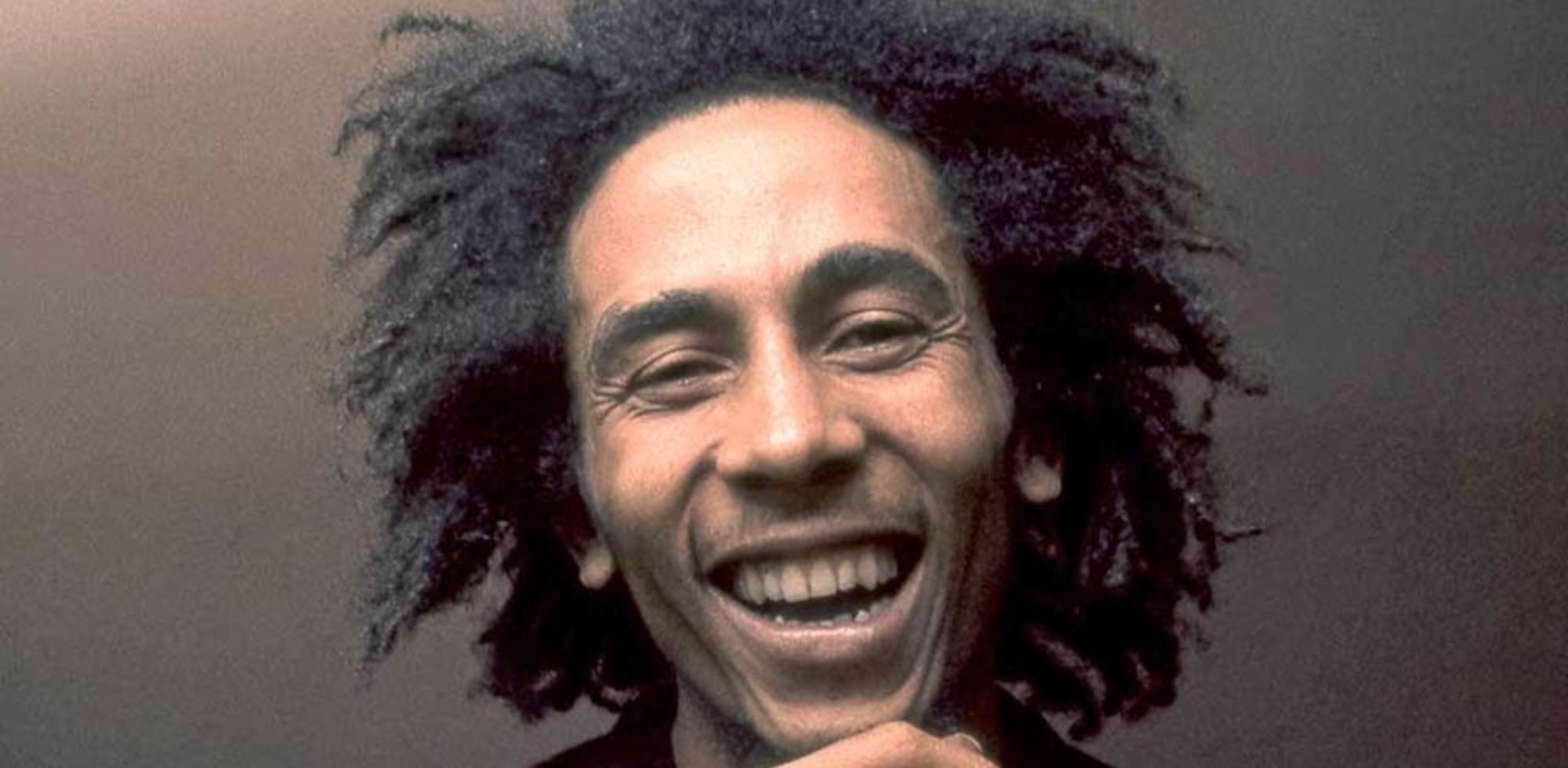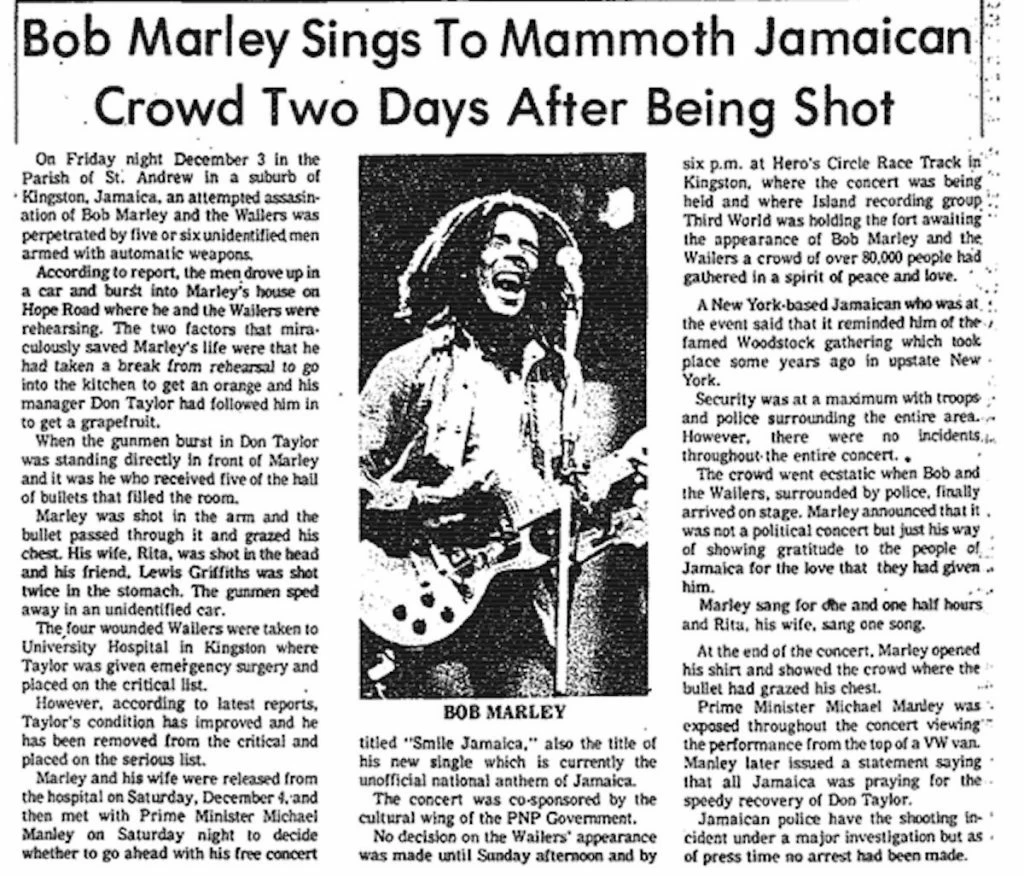Why Bob Marley Died: The Untold Story Behind A Legend's Passing
Bob Marley died, and the world lost a musical icon who changed the course of reggae and global music forever. But what exactly happened? How did the King of Reggae leave this world so suddenly? This story isn’t just about his death—it’s about his legacy, his battle, and the truth behind one of music’s most iconic moments. So, grab your headphones, and let’s dive deep into the life, struggles, and ultimate passing of Bob Marley.
When you think of Bob Marley, you don’t just think of music—you think of freedom, rebellion, and love. His melodies carried messages that spoke to the soul, and his lyrics touched millions across the globe. Yet, behind the magic was a man who faced challenges most of us couldn’t even imagine. His death wasn’t just the end of a chapter—it was the beginning of a legacy that continues to inspire generations.
This article isn’t just about "Bob Marley died" or the facts surrounding his passing. It’s about understanding the man, his journey, and the factors that ultimately led to his untimely demise. So, buckle up, because we’re about to explore the life, legacy, and final days of one of the greatest musicians in history.
Table of Contents
- Bob Marley Biography
- Bob Marley's Health Issues
- The Cancer Diagnosis
- Why He Refused Amputation
- Bob Marley’s Last Tour
- His Final Days
- The Real Cause of Death
- Bob Marley’s Legacy After Death
- Impact on Reggae Music
- Conclusion: Remembering Bob Marley
Bob Marley Biography
Before we get into the "why" of Bob Marley died, let’s rewind to the beginning. Bob Marley wasn’t just a musician—he was a cultural icon, a symbol of resistance, and a voice for the oppressed. Born on February 6, 1945, in Nine Mile, Jamaica, Marley grew up in a world that shaped him into the man we know today.
Early Life and Influences
Bob’s early years were marked by struggles and resilience. His father, Norval Sinclair Marley, was a white Jamaican of English descent, while his mother, Cedella Booker, was Afro-Jamaican. Growing up in a racially mixed household in Jamaica during the mid-20th century wasn’t easy, but it gave Marley a unique perspective on life and society.
By the time he was a teenager, Bob had already fallen in love with music. Influenced by American R&B and ska, he began writing his own songs and forming bands. His first big break came when he recorded "Judge Not" in 1962, a track that laid the foundation for his future success.
Bob Marley’s Rise to Fame
Fast forward to the late ’60s and early ’70s, and Bob Marley was at the forefront of the reggae movement. Albums like "Catch a Fire" and "Burnin'" catapulted him to international fame. Songs like "No Woman, No Cry" and "I Shot the Sheriff" became anthems, resonating with audiences worldwide.
But fame wasn’t all sunshine and rainbows. Bob faced political pressures, personal challenges, and health issues that would eventually define his later years. Let’s dig deeper into what happened when things started to go south.
Bob Marley's Health Issues
Bob Marley’s health journey began long before his death. It wasn’t something that happened overnight; it was a gradual decline that started with a small injury and spiraled into something much bigger.
That Stubborn Toe
It all started with a soccer game. In 1977, during one of his regular soccer matches, Marley injured his toe. At first, it seemed like a minor issue—just a cut or bruise. But when the wound didn’t heal, Bob sought medical attention. That’s when doctors delivered the devastating news: he had malignant melanoma, a form of skin cancer.
Now, here’s the kicker. Melanoma is serious business, but it’s treatable if caught early. Unfortunately, Bob’s situation was complicated by his refusal to undergo certain treatments. Let’s talk about why.
The Cancer Diagnosis
When doctors first diagnosed Bob Marley with melanoma, they recommended amputation of his toe to prevent the cancer from spreading. But Bob, being the deeply spiritual man he was, refused. He believed in Rastafarian principles, which emphasize the sanctity of the body.
For Bob, losing a toe wasn’t just about physical appearance—it was about maintaining his connection to his faith and his identity. This decision would later prove fatal, but it’s important to understand the context behind it.
Why He Refused Amputation
Bob Marley’s refusal to amputate his toe wasn’t just about religion—it was about his worldview. As a Rastafarian, he believed that the body was a temple, and altering it through surgery went against his spiritual beliefs.
Moreover, Bob was a performer. He danced, played soccer, and lived life to the fullest. Losing a toe might have affected his ability to perform, and that was something he wasn’t willing to sacrifice. In his own words, "Finger or toe, it’s part of me."
Bob Marley’s Last Tour
Despite his declining health, Bob Marley continued to tour. His last major tour, the "Survival Tour" in 1980, took him across Europe and Africa. It was a grueling schedule, and by the end of it, his body was giving out.
During a concert in Pittsburgh, Bob collapsed on stage. It was a moment that shocked fans and signaled the beginning of the end. Doctors later revealed that the cancer had spread to his brain, liver, and lungs.
His Final Days
Bob Marley spent his final days in Germany, under the care of Dr. Josef Issels, a controversial cancer specialist. Issels believed in alternative treatments, including dietary changes and natural therapies. While some say these methods prolonged Bob’s life, others argue they weren’t enough to combat the aggressive cancer.
On May 11, 1981, Bob Marley passed away in a hospital in Miami, Florida. He was just 36 years old. His final words to his son Ziggy were, "Money can’t buy life." Profound, right?
The Real Cause of Death
So, why did Bob Marley die? The official cause of death was complications from malignant melanoma. But it’s important to note that his refusal to amputate his toe, combined with the aggressive nature of the cancer, played a significant role.
Some critics argue that Bob’s decision was misguided, while others see it as a testament to his unwavering faith. Either way, his passing left a void in the music world that’s yet to be filled.
Bob Marley’s Legacy After Death
Even though Bob Marley died, his legacy lives on. His music continues to inspire millions, and his message of love, unity, and resistance remains as relevant today as it was decades ago.
The Impact on Popular Culture
Bob’s influence extends far beyond music. He’s become a symbol of peace, a cultural icon, and a voice for the voiceless. His image adorns T-shirts, posters, and murals around the world, reminding us of the power of art to change lives.
Impact on Reggae Music
Bob Marley didn’t just popularize reggae—he revolutionized it. Before him, reggae was a niche genre confined to Jamaica. After him, it became a global phenomenon. Artists like Peter Tosh, Bunny Wailer, and Damian Marley owe much of their success to Bob’s trailblazing efforts.
Today, reggae continues to evolve, with new artists carrying the torch Bob lit so many years ago. But no one has come close to matching his impact.
Conclusion: Remembering Bob Marley
Bob Marley died, but his spirit lives on. From his early days in Nine Mile to his final moments in Miami, he lived a life that inspired millions. His music, his message, and his legacy continue to resonate with people of all ages and backgrounds.
So, what can we learn from Bob’s story? That life is short, and every moment counts. That faith and conviction can guide us through even the toughest times. And that love, no matter how fleeting, can change the world.
As you reflect on Bob Marley’s life and death, take a moment to appreciate the music that brought us together. Share this article, leave a comment, and let’s keep the conversation going. Because Bob Marley wasn’t just a musician—he was a movement, and his story is far from over.
And remember, in Bob’s own words, "Emancipate yourselves from mental slavery; none but ourselves can free our minds." Keep the fire burning!
Andrew Lloyd Webber: The Maestro Of Musical Theatre
2010 Chinese Zodiac: Unveiling The Secrets Of The Metal Tiger Year
Facial Hair Removal For Women: The Ultimate Guide To Achieving Flawless Skin

Bob Marley died from melanoma MoleMap NZ Official Site

Bob Marley Death Cancer or Conspiracy? Historic Mysteries

How Bob Marley Died A Comprehensive Look At The Legend's Final Days